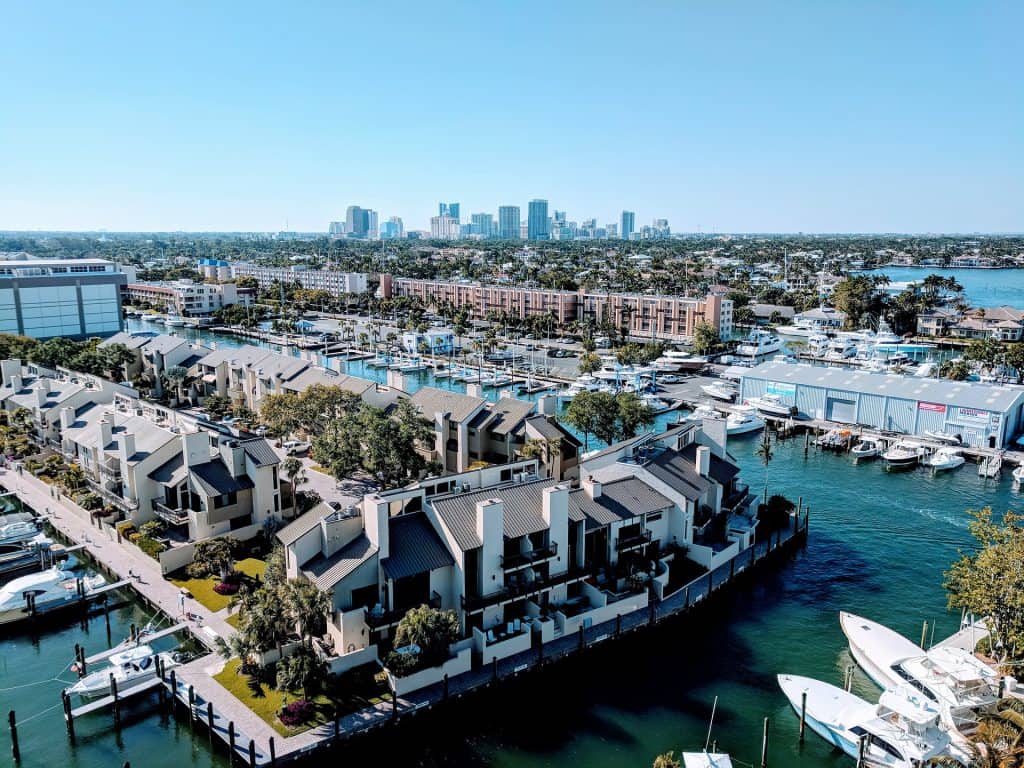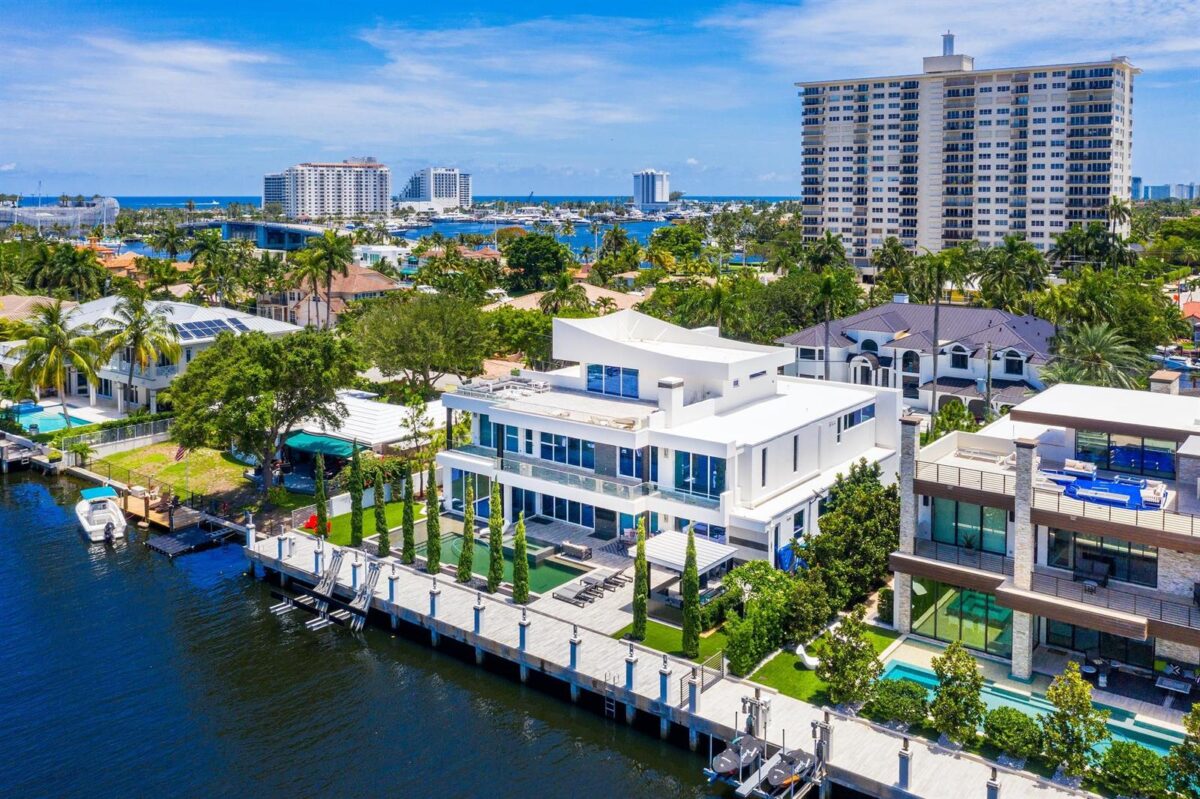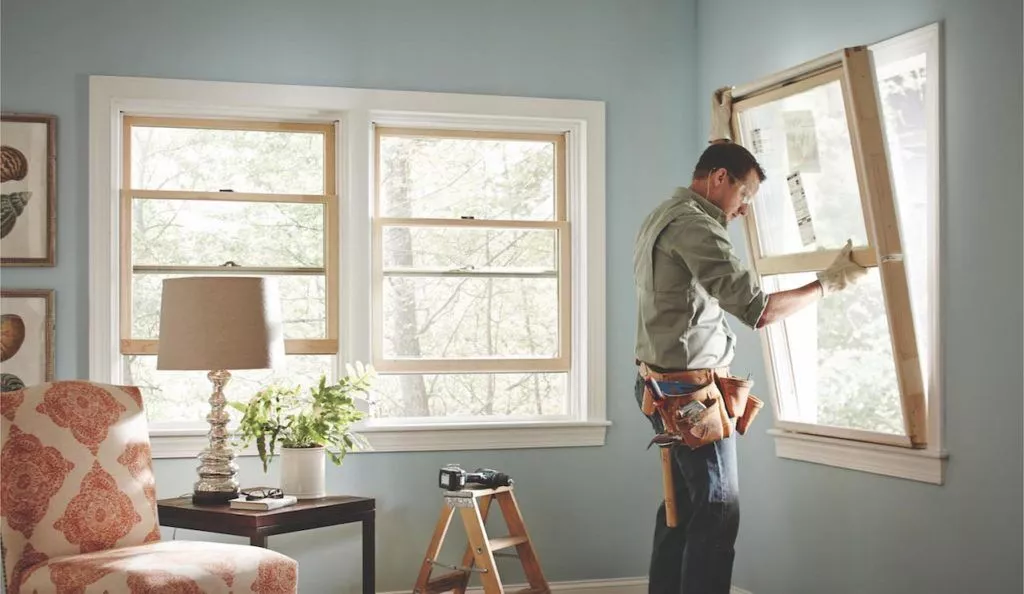Selling a house can be complex, and several factors can influence the final sale price. When selling a house “as is,” the property condition plays a significant role. Buyers often perceive homes needing repairs as less desirable, which can lead to lower offers.
However, it’s important to understand that how much do you lose selling house as is can vary depending on various factors. Let’s delve deeper into these factors to gain a better understanding.
Concept of selling a house “as is”
When a homeowner decides to sell their house “as is,” they offer the property in its current state without making any repairs or renovations. This approach can appeal to sellers who want to avoid the hassle and expense of fixing up their house before listing it on the market. However, it’s crucial to recognize that selling a house “as is” does not absolve the seller from disclosing known issues or defects. In many jurisdictions, sellers must still provide accurate information about the property’s condition.
Factors that impact the sale price of a house “as is”
When selling a house “as is,” several factors come into play that can influence the sale price. It’s essential to consider these factors to understand the potential loss involved. Let’s take a closer look at them.
Age and condition of the house
The age and condition of the house are crucial factors that can impact its sale price. Older houses, especially those not adequately maintained, often require more repairs and updates. Buyers may factor in the cost of these repairs when making an offer on how much do you lose selling house as is. Additionally, houses with significant structural issues or outdated features may be less attractive to potential buyers, leading to lower offers.
Location and Neighborhood
The location and neighborhood of a house also play a significant role in determining its value when sold “as is.” Homes in desirable neighborhoods or areas with high demand may still attract reasonable offers, even in their current condition. On the other hand, houses in less desirable or declining neighborhoods may face challenges when finding interested buyers.
Market Demand and Competition
The level of demand and competition in the real estate market can significantly impact the sale price of a house sold “as is.” In a seller’s market with high demand and limited inventory, buyers may be more willing to overlook the property’s condition and make competitive offers. Conversely, in a buyer’s market where houses are abundant for sale, buyers may have more options and negotiate lower prices for houses needing repairs.
Seasonality and economic conditions
Seasonality and economic conditions can also influence the sale price of a house sold “as is.” Real estate markets tend to fluctuate throughout the year, with certain seasons being more favorable for sellers. Additionally, broader economic factors such as interest rates, job growth, and consumer confidence can impact the willingness of buyers to invest in properties requiring repairs.
Estimating the potential loss when selling a house “as is”
Before selling a house “as is,” estimating the potential loss involved in such a transaction is crucial. While it’s challenging to determine an exact figure, considering various aspects can provide a rough idea of the financial implications. Let’s explore the key considerations for estimating the potential loss.
Assessing the market value of the house
Determining the house’s market value is an essential step in estimating the potential loss when selling “as is.” Consulting with a local real estate agent or appraiser can help homeowners understand the fair market value of their property. This assessment considers the house’s condition, location, comparable sales, and other relevant factors.
Evaluating necessary repairs and renovations
Once the market value is determined, the next step is to evaluate the necessary repairs and renovations. This assessment helps understand the extent of work required to bring the house up to a desirable condition. A professional inspection can identify any structural, plumbing, electrical, or cosmetic improvements needed. Estimating the cost of these repairs can provide insight into the potential loss.
Considering real estate agent fees and closing costs
When selling a house “as is,” it’s important to factor in the fees of hiring a real estate agent and the closing costs involved. Real estate agents typically charge a percentage of the sale price as their commission. Additionally, closing costs such as title search fees, transfer taxes, and legal fees need to be considered. These expenses can eat into the final proceeds from the sale.
Strategies to minimize losses when selling a house “as is”
While selling a house “as is” may lead to a potential loss, there are strategies that homeowners can employ to minimize these losses. Let’s explore some practical strategies.
Enhancing curb appeal
First impressions matter when selling a house “as is.” Enhancing the curb appeal can make a significant difference in attracting potential buyers and obtaining better offers. Simple tasks like tidying up the yard, painting the front door, and adding some landscaping can make the house more visually appealing.
Making cost-effective repairs and improvements
While selling “as is” means not investing in extensive renovations, making cost-effective repairs and improvements can still positively impact the sale price. Fixing minor issues like leaky faucets, broken tiles or updating outdated fixtures can make the house appear well-maintained and move-in ready.
Properly pricing the house
Accurately pricing the house is crucial to attract potential buyers and ensure a successful sale. Setting a competitive price that reflects the property’s condition and market value can generate interest and potentially lead to multiple offers.
Marketing effectively
Effective marketing is vital in reaching potential buyers when selling a house “as is.” Utilizing online platforms, professional photography, and highlighting the property’s unique selling points can attract interested parties. Additionally, leveraging the expertise of a real estate agent experienced in selling houses “as is” can enhance marketing efforts.
Alternatives to selling a house “as is”
While selling a house “as is” is a popular option, homeowners may also consider alternative routes more suitable for their circumstances. Let’s explore a few alternatives.
Exploring the option of selling to cash buyers or investors
Selling to cash buyers or investors specializing in purchasing houses “as is” can be an attractive alternative. These buyers often have the resources and willingness to take on houses needing repairs. While the sale price may still be lower than a fully renovated house, it can offer sellers a convenient and hassle-free option.
Considering a home-buying company
Home-buying companies, also known as “we buy houses” companies, provide another alternative for homeowners looking to sell quickly and without making repairs. These companies purchase properties in any condition, allowing sellers to avoid the costs and efforts associated with fixing up the house.
Opting for a renovation or remodeling project
For homeowners with the resources and time, undertaking a renovation or remodeling project before selling might be a viable option. Sellers can command a higher sale price and attract a broader range of buyers by investing in strategic improvements that add value to the property.
Benefits and drawbacks of selling a house “as is”
It’s important to weigh the benefits and drawbacks of selling a house “as is” before deciding. Let’s explore these aspects.
Convenience and Speed of the Sale
They were selling a house “as is,” which offers convenience and speed to homeowners. By avoiding the time-consuming process of repairs and renovations, sellers can expedite the selling process and move on to their next venture more quickly.
Limited negotiation and inspection contingencies
When selling a house “as is,” there is generally limited negotiation and inspection contingencies. Buyers know the property’s condition upfront, reducing the chances of extensive negotiation or renegotiation after inspections.
Potential lower sale price
One of the main drawbacks of selling a house “as is” is the potential for a lower sale price than a fully renovated property. Buyers factor in the costs they incur to address repairs and updates, which can result in lower offers.
Possible buyer reluctance
Some buyers may hesitate to purchase a house “as is” due to the uncertainties surrounding repairs and potential hidden issues. This hesitation can limit the pool of potential buyers and may require sellers to be patient in finding the right buyer.
Steps involved in selling a house “as is”
If homeowners decide to sell their house “as is,” they must follow specific steps to ensure a smooth transaction. Let’s outline the critical steps involved.
Researching local real estate market conditions
Understanding the local real estate market conditions is crucial when selling a house “as is.” Researching recent sales of similar properties and consulting with a real estate professional can provide valuable insights into market trends and pricing expectations.
Obtaining property valuations and inspections
Getting property valuations from real estate professionals or appraisers can help determine a reasonable asking price for the house. Additionally, scheduling inspections can provide a comprehensive understanding of the property’s condition and help disclose any potential issues to interested buyers.
Preparing the House For Sale
Although selling “as is” means not making extensive repairs, preparing the house for sale is still important. This involves decluttering, deep cleaning, and ensuring the house is presentable to potential buyers.
Listing and marketing the house
Listing the house on appropriate online platforms and working with a real estate agent experienced in selling houses “as is” can maximize exposure to potential buyers. Captivating descriptions, professional photographs, and virtual tours can help showcase the property’s potential despite its current condition.
Negotiating Offers and Closing the Deal
When offers start coming in, sellers must review and negotiate the terms carefully. Real estate agents can assist in navigating the negotiation process and ensuring that the seller’s interests are protected. Once an offer is accepted, the closing process begins, including inspections, title searches, and finalizing the necessary paperwork.
FAQs
Q1. Will selling my house “as is” affect its marketability?
Selling a house “as is” can somewhat affect its marketability. Buyers may be more cautious and expect a lower sale price due to the property’s condition. However, effective marketing and pricing strategies can still attract interested buyers.
Q2. Are there any legal requirements when selling a house “as is”?
While legal requirements vary by jurisdiction, sellers must disclose known issues or defects about the property, even when selling “as is.” It’s essential to consult with a local real estate professional or attorney to understand specific legal obligations.
Q3. How can I determine the fair market value of my house “as is”?
Consulting with a local real estate agent or appraiser can help determine the fair market value of your house “as is.” They will consider the property’s condition, location, recent comparable sales, and market trends.
Q4. Can I negotiate the sale price when selling “as is”?
Yes, negotiation is still possible when selling a house “as is.” Sellers can negotiate with potential buyers to reach a mutually agreeable sale price. Considering the property’s condition, buyers may submit lower offers than the asking price.
Q5. Are there any tax implications when selling a house “as is”?
Tax implications can vary based on your specific circumstances and local tax laws. It’s advisable to consult with a tax professional to understand potential tax implications when selling a house “as is.”
Conclusion
Selling a house “as is” can be a viable option for homeowners who want to avoid the time and expenses associated with repairs and renovations. However, it’s crucial to recognize that selling “as is” may result in a potential loss compared to selling a fully updated property. By understanding the factors that impact the sale price, estimating potential losses, and employing effective strategies, homeowners can minimize these losses and optimize their selling experience.














